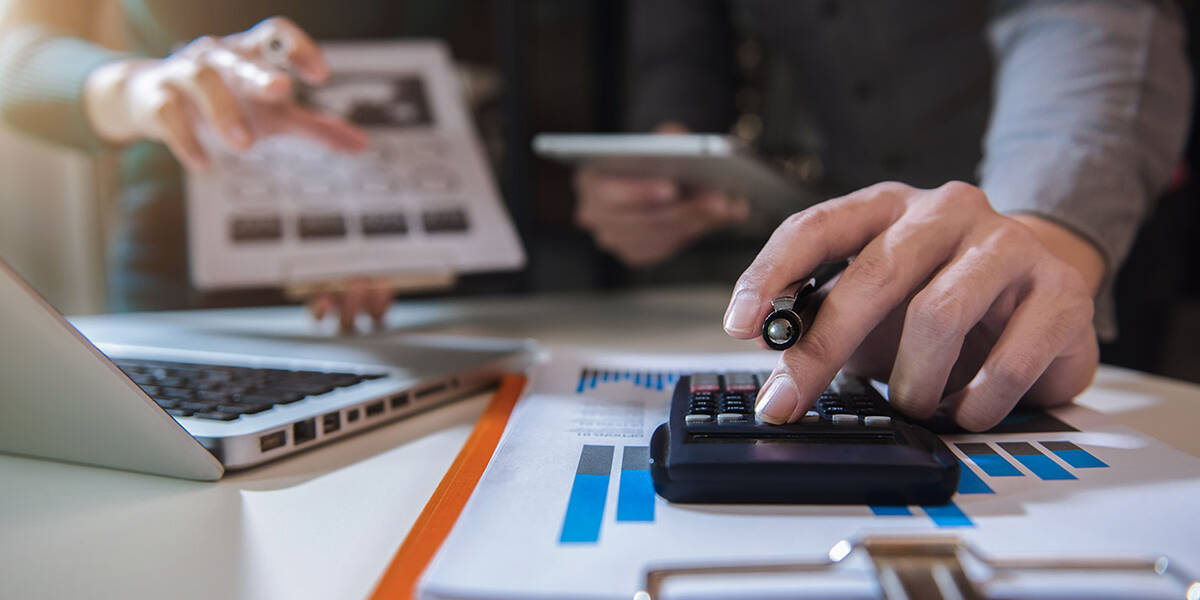






Every country has its own taxation rules. In addition to individual taxes, corporations and businesses have their operations and activities taxed in various schemes.
Malaysia is no exception, as the government has clearly defined rules in place guiding corporations and businesses on the payment of taxes, including how and when the taxes should be paid. The guidelines also dictate the various operations that qualify as taxable and the procedures involved in tax reporting.
As a business owner or CEO with a business incorporated in Malaysia, it’s important to understand how sales and service tax work and how to stay on the right side of the law regarding all things taxation.
What is SST in Malaysia?
Sales and Service Tax, otherwise known as SST, is the new taxation scheme that took effect on 1st September 2018. The new scheme replaced the Goods and Services Tax (GST), which, at the time, seemed to be a major factor in rising living costs in the country.
As the name implies, SST is two-fold:
- Sales tax
- Service tax
What is Sales Tax?
Sales tax is a single stage tax levied on locally manufactured products and taxable products imported into the country.
What are the sales tax rates?
Regarding sales tax, all non-petroleum goods that qualify as taxable are taxed at a standard rate of 10%. However, depending on the type of the goods, you may be taxed as low as 5% or at other specified rates.
The law requires that all businesses pay SST if their total sale value of taxable goods exceeds RM500,000 over the period of 12 months.
What Goods are Taxable Under Sales Tax?
Taxable goods under sales tax apply to all Malaysia-produced and imported goods. Some of them include the following:
- Furniture
- Items of rubber, leather, and plastic
- Fruit juice
- Oil seeds
- Glue
- Milk and dairy products
- Perfumes and cosmetics
- Watches
What Goods Are Exempted from Sales Tax?
Some of the goods exempted from sales tax include:
- Book, magazine, newspapers, journal and periodicals
- Fertiliser (animal origin or chemical) and insecticides
- Naturally occurring mineral substance, chemicals, etc
- Pharmaceutical products
- Live animals, fish, seafood and certain essential food item including meat, milk, eggs, vegetables, fruits and bread
- Articles of goldsmith such as gold or platinum jewellery, silver tableware, etc.
Which Individuals and Manufacturers are Exempted From Sales Tax?
Per the Sales Tax (Person Exempted from Payment of Tax) Order of 2018, some registered manufacturers and persons are exempted from sales tax. Some of them include the following:
- Yang di-Pertuan Agong (Paramount King or Ruler)
- Duty-free shops
- Federal or State Government Department
- Local authority
- Public Higher Education Institution
- Manufacturer of specific non-taxable goods – exemption of tax on the acquisition of raw materials, components, packaging materials and manufacturing aids to be used solely and directly in manufacturing activities.
- Registered manufacturer of taxable goods – exemption of tax on the acquisition of raw materials, components, packaging materials and manufacturing aids to be used solely and directly in manufacturing of taxable goods.
What is Service Tax?
In Malaysia, service tax is charged and levied on various taxable services provided by any taxable corporation during the furtherance and course of business.
What are Taxable Services?
Service tax (SST) is the twin side to sales tax, which applies to businesses providing services rather than product manufacturers of taxable goods.
In Malaysia, some taxable services include the following:
- Accommodation
- Food and beverage
- Night clubs, dance halls, health centers, massage parlous, public houses and beer houses
- Private club
- Betting and gaming
- Golf clubs
- Credit card and charge card
- Professional services
- Advertising services
- Local air travel
- Brokerage services
What are the Service Tax Rates?
In Malaysia, service tax rates come at a standard rate of 6% for all taxable services and digital services except for the provisions of charge on credit card services. Service tax for the provision of charge or credit card services is RM25 per year on each principal card or supplementary card.
Note that imported or exported services are exempted from service tax.
Which Persons are Taxable?
Taxable persons refer to service providers subject to SST registration.
Organizations exempted from SST registration can apply for SST registration via the Customs Director-General.
Which Organizations Have to Apply for SST Registration in Malaysia?
All businesses that provide taxable goods and services must register for SST, provided they meet certain conditions.
For sales tax registration, the conditions are thus:
- Businesses with a total sales value exceeding RM 500,000 for a 12-month period.
- Manufacturing taxable goods
For service tax registration, the following conditions apply:
- Total value of taxable services of a taxable person over 12 months that exceeds RM500,000 except for operator of restaurant. The prescribed registration thresholds for operator of restaurant are that exceeds RM 1,500,000.
- Providing taxable services
How To Register for Sales and Service Tax in Malaysia
To register for SST in Malaysia, you must first confirm if your business is already subject to the tax. If you already registered with the former Goods and Services Tax (GST), you’re already registered with the SST.
If you aren’t registered with the GST, you can initiate the new SST registration process by visiting the official portal.
Is SST Different from Company Tax?
The SST is vastly different from regular company tax. The latter is stipulated in the Income Tax Act of 1967, which applies to company chargeable income derived from Malaysia, such as dividends, rentals, royalties, and premiums.
As such, corporate tax is imposed by the Inland Revenue Board, while the Royal Malaysian Customs Department does the same for the SST.
Are foreign companies required to register for sales and service tax in Malaysia?
Foreign companies can only register for SST if they have a physical subsidiary in Malaysia. If not, they are exempted from the SST.
Potential Penalties for SST
The general penalty for failing to comply with the stipulations regarding Service Tax includes:
- A maximum fine of RM 30,000
- A maximum of two years imprisonment
- Both the maximum fine and imprisonment
For evading Sales Tax, the punishment is as follows:
- A minimum fine of RM 50,000 and a maximum fine of RM500,000
- A maximum of seven years imprisonment
- Both the maximum fine and imprisonment.
How We Can Help
Foreign organizations seeking incorporation in Malaysia particularly need the services of a business consultant with a specialty in the Malaysian legal and financial landscape.
Without adequate knowledge, your business runs the risk of running afoul of the law, as there are several specifics in corporate taxation guidelines that could work against you.
For instance, an inadvertent failure to make SST payments can result in stiff penalties for your business, which is something you’d rather avoid.
Reach out to Premia TNC for consultation on taxation, the corporate landscape in Malaysia, and how to navigate the processes.




Q1. What is the taxable period for SST?
A taxable period is a period of 2 calendar months. However, a taxable person can apply to the Director General of Royal Malaysian Customs Department to vary the taxable period.
Q2. Do foreign companies have to register for SST?
Foreign companies are only required to register for SST if they physically operate a branch in Malaysia.
Q3. Should You Register for SST if you already did for GST?
The SST is the direct successor to the GST. Hence, any business registered with the GST before 2018 is not required to carry out a new SST registration.
premiatnc
View All BlogsRelated Posts
March 27, 2024
The Role of Labuan Offshore Company in Malaysia for Global Business
In the intricate web of global…
March 19, 2024
A Better Look at Sales Tax on Low Value Goods (LVG) in Malaysia
In recent years, the taxation landscape…
March 14, 2024
The Guide of Malaysia MM2H Program (Malaysia My Second Home Programme) Requirements
Welcome to the enchanting land of…




